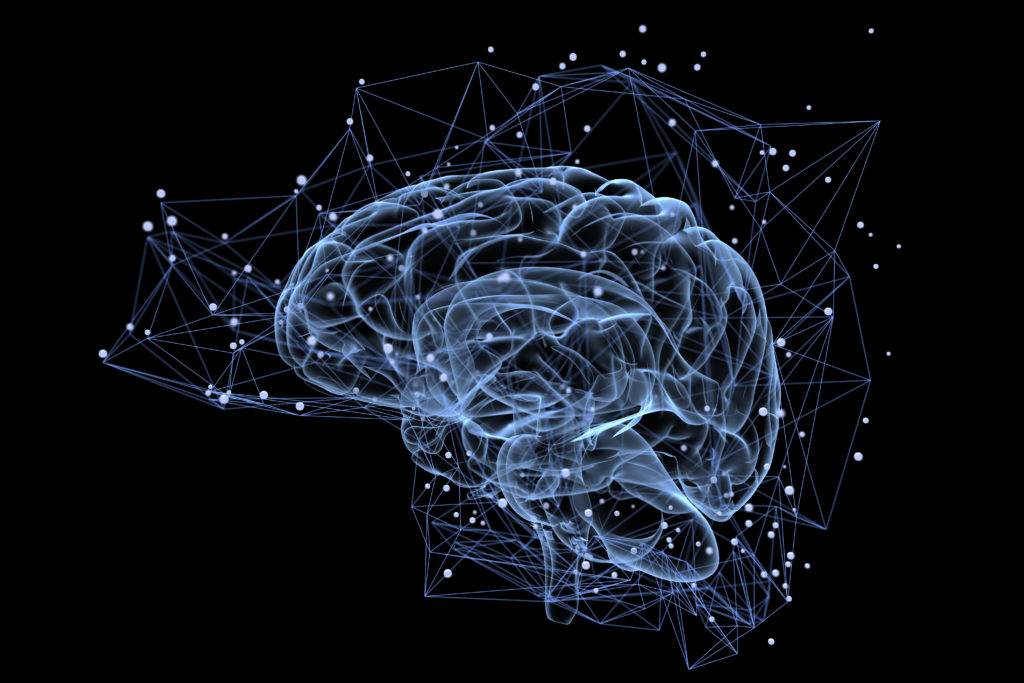No feeling of satiety: a Faulty messenger in the brain leads us in the Obesity crisis
How misguided saturation of the cranial nerves plunge into a crisis
The global Obesity crisis today is at a record high, and rising. Research groups are desperately in search of new insights and therapeutic possibilities of intervention, in order to counteract this development. German Researchers have found a type of switch in the brain, the nerves, the function of Saturation and thus the body weight controls.
Researchers from the Institute for Diabetes and obesity (IDO) at the Helmholtz Zentrum München identified a mechanism in the brain that controls the body weight. Various studies suggested the existence of this brain function for ten years. The control of the newly discovered molecular switch is disturbed, occurs when the Affected is also no feeling of satiety. The study was recently published in the renowned scientific journal “Nature Metabolism”.

The brain tells us when we are sick and tired of
“Whether we are hungry or we feel satiated, decides significantly in the brain,” explains study author Dr. Alexandre Fisette said in a press release of the research results. According to the study, two groups of nerve cells in the brain region of the Hypothalamus using a variety of messengers, the body weight and the energy budget. The two groups create a delicate exchange. A group of animate the body for food intake, the other to create a feeling of satiety and keep the body from excess nutrient intake. A disruption of this equilibrium could be the cause of obesity and Diabetes.
A neurotransmitter that regulates the delicate balance
In the current study, the researchers identified a messenger substance, which occupies the key role in this interplay. The so-called transcription factor Tbx3 control important processes to maintain the energy and sugar metabolism. Transcription factors are proteins that provide as a switch for certain genes are expressed or not. “Concretely, this means that without Tbx3 in the nerve cells for the sense of satiety, no messengers can produce,” says Dr. Carmelo Quarta, another author of the study.


